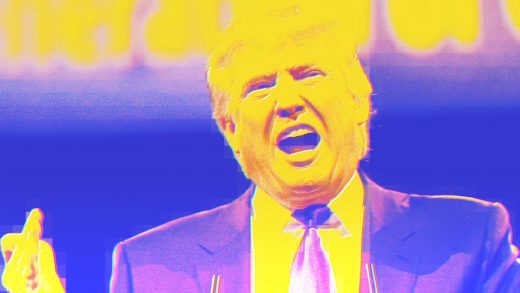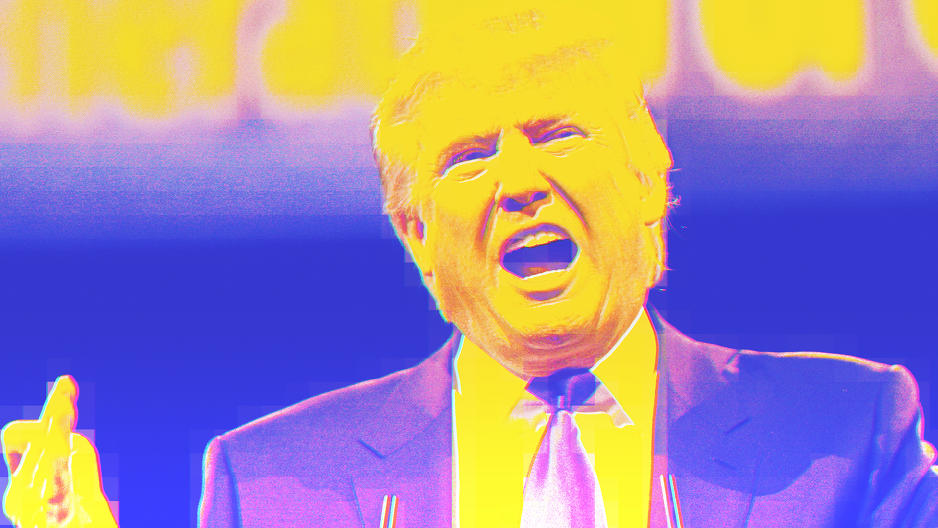Just Before Trump Takes Office, Obama Plans Release Of Intel On Russian Hacking
Just before Donald Trump takes the presidential oath of office next month, the Obama administration plans to release a full report on Russian connections to cyber attacks during the election, officials said Friday.
Trump has cast doubt on the Kremlin’s involvement in politically charged hacking and fake news efforts prior to this year’s election while leading members of Congress have called on the administration to share what it knows about the Russian connection and pushed for a wider investigation, leading to a potentially fiery showdown over the issue. And such a public divide between the president-elect and intelligence agencies is unusual and dangerous, say experts.
“To evaluate Congress’s response appropriately, we would like all Members to have a comprehensive understanding of what the U.S. Intelligence Community knows regarding Russia’s involvement in these actions and attempts to interfere in our election,” the lawmakers wrote this week in an open letter to President Barack Obama.
Officials sometimes purposely share with Congress “only what is necessary for them to perform proper oversight,” partially as a safeguard against unintentional leaks, says Chris Finan, a former White House cybersecurity advisor and CEO of Bay Area security startup Manifold Technology. But in this case, Finan says it was more likely that intelligence agencies are still working to establish precisely how various efforts to influence the election link back to the top levels of the Russian government.
“They’d want to try to find deliberate command and control links—instances where people were directed by a Russian official,” he says. “I think that there’s probably a lot of interest and focus in, are these proxy groups operating on their own based on what they thought Moscow would want them to do or were they acting on a directive from somebody in the Russian government.”
Prominent Democrats in the House of Representatives introduced a bill on Wednesday calling for a bipartisan commission to investigate Russian attempts to influence the election. Maryland Rep. Elijah Cummings cited October statements from intelligence officials blaming Russia for hacks targeting Democratic Party servers and subsequent leaks of embarrassing emails.
“The head of the National Security Agency said there is no doubt that this was a targeted and conscious effort to achieve a specific result,” Cummings said in a statement. “And the Intelligence Community also said that they believe that only Russia’s senior-most officials could have authorized these activities.”
Prominent Republican senators including Arizona Senator and Armed Services Committee Chairman John McCain, Intelligence Committee Chairman Richard Burr of North Carolina, and Tennessee Senator and Foreign Relations Committee Chairman Bob Corker have also all expressed interest in investigating Russian hacks, despite the president-elect’s skepticism. House Homeland Security Chairman Michael McCaul, R-Texas, has also recently publicly condemned Russia for the attacks despite his support for Trump.
While Obama and Vice President Joseph Biden have both hinted at the possibility of retaliation for the alleged Russian hacks, it’s likely that at this point in Obama’s presidency any further responses will be left to the Trump administration, Finan says.
Trump said in an interview with Time magazine, which named him 2016’s “Person of the Year,” that he doesn’t believe Russia interfered with the election and thinks intelligence agency conclusions may have been politically motivated.
Trump’s statements drew a strong rebuke from Rep. Adam Schiff, D-California, who called his comments “enormously damaging to the country” and to intelligence officials.
“Notwithstanding the abundance of evidence that Russia hacked our political institutions during the Presidential campaign and dumped documents in an effort to meddle in our political affairs, President-elect Trump’s comments this morning continue to contradict our intelligence professionals and carry water for the Kremlin,” Schiff said in a statement.
Schiff declined through a spokesman to comment further on the matter, and a Trump spokeswoman didn’t respond to an email seeking comment.
Such a divide over the legitimacy of intelligence reports is highly unusual, particularly when conclusions within the intelligence community seem so unanimous, Finan says.
“Not only is it unusual—it’s incredibly dangerous,” he says. “To question the veracity but also to question the professionalism of our intelligence community, that is potentially very damaging to morale and it’s going to put the nation at risk.”
Fast Company , Read Full Story
(42)














